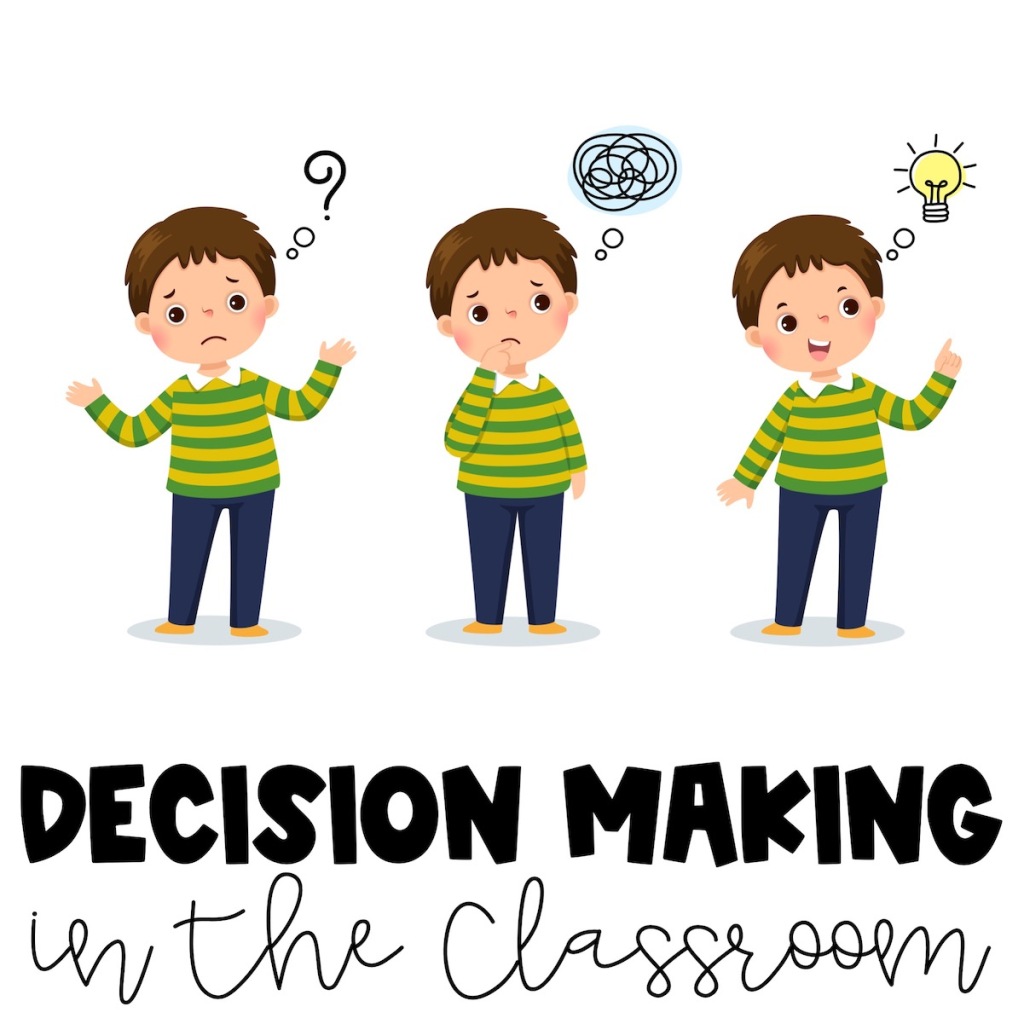In the realm of alternative schooling and education, decision-making skills are a crucial aspect that students need to develop. Decision-making is not only about choosing between different options but also involves critical thinking, problem-solving, and evaluating consequences. In this article, we will delve into the importance of decision-making skills for students in alternative education settings and provide strategies to enhance these skills.
Why are decision-making skills important?
Effective decision-making is a skill that plays a key role in shaping an individual’s personal and professional life. For students in alternative schooling environments, where they often have more autonomy over their learning paths, strong decision-making skills are particularly valuable. By making informed choices about their education – such as selecting courses, projects, or extracurricular activities – students can tailor their learning experience to suit their interests and goals.
Furthermore, developing good decision-making abilities early on can set students up for success in the future. Whether it’s choosing a college major, pursuing a career path, or making personal choices related to health and relationships, individuals with strong decision-making skills are better equipped to navigate life’s challenges effectively.
Strategies to enhance decision-making skills:
1. Encourage critical thinking: Critical thinking is at the core of effective decision-making. Students should be encouraged to analyze information objectively, consider multiple perspectives, and evaluate evidence before making a choice. Teachers can promote critical thinking by asking thought-provoking questions, engaging students in debates or discussions, and providing opportunities for independent research.
2. Practice problem-solving: Decision-making often involves solving complex problems or dilemmas. Students can improve their problem-solving abilities by tackling challenging tasks that require them to think creatively and analytically. Teachers can incorporate real-world scenarios into lessons or assignments that prompt students to identify problems, generate solutions, and make decisions based on available information.
3. Foster self-awareness: Self-awareness is essential for making decisions that align with one’s values, beliefs, and goals. Students should be encouraged to reflect on their strengths and weaknesses, interests and passions, as well as long-term aspirations. Understanding oneself better can help individuals make decisions that are authentic and fulfilling.
4. Teach risk assessment: Every decision carries some degree of risk or uncertainty. It’s crucial for students to learn how to assess risks effectively so they can make informed choices without being paralyzed by fear of failure. Teachers can guide students through weighing potential outcomes, considering probabilities, and identifying ways to mitigate risks when possible.
5.Recognize emotions: Emotions play a significant role in the decision-making process; however they may sometimes cloud judgement if not managed properly.Students should learn how emotions influence their decisions ,how manage stress,and cultivate emotional intelligence.Teachers could introduce mindfulness practices like deep breathing exercises,mindful meditation,and journaling.These techniques help student stay calm ,focused,and aware while making important decisions
6.Provide opportunities for autonomy: Empowering students with autonomy over their learning allows them practice making choices,independently.Teachers could design projects,assignments within parameters,and encourage student-led initiatives.This fosters confidence,responsibility,taking ownership over one’s actions,and improves ability exercise sound judgment
Conclusion:
Decisionmakingis foundational skill essentialforstudents navigating alternative education landscape.By cultivatingcritical-thinking,selfawareness,riskassessmentandemotionalintelligence,studenstcan hone thierdecision-makingskillsandmakeinformedchoices.Incorporatingstrategiesinto teaching practicesencouragesstudentsto takeownershipovertheirllearningjourneyandpreparethemforsuccessinfutureendeavors

Leave a comment